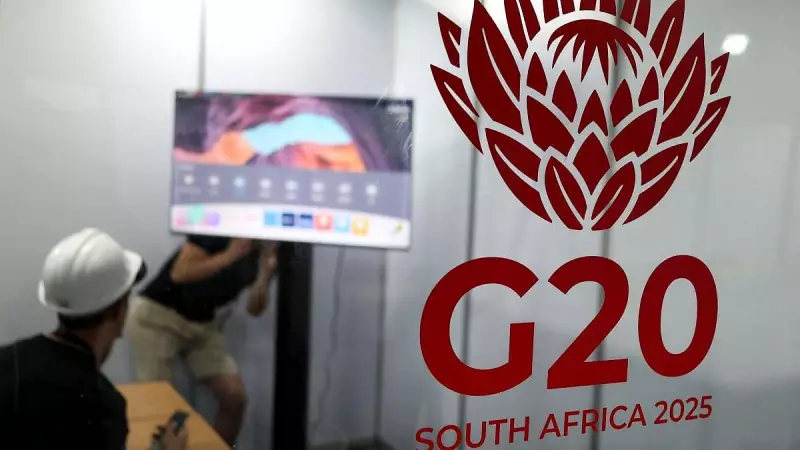
The absence of the United States from the G20 Summit in Johannesburg could have significant long-term implications for South Africa's international standing and economic prospects, according to regional experts.
Trump's Decision and the Land Reform Controversy
US President Donald Trump confirmed earlier that American representatives would not participate in the crucial international gathering, pointing to what he described as ongoing issues with land reform policies in the country. The White House specifically cited allegations of white farmer genocide and illegal land expropriation by the South African government as the primary reasons for this diplomatic move.
The announcement came just before the summit scheduled for November 2025, creating immediate waves in international diplomatic circles. The date of November 17, 2025, marks when this significant development was publicly confirmed, though the decision had been under consideration for several weeks prior.
Geopolitical Ramifications for South Africa
International relations specialists suggest that the American absence from such a high-profile event could strain South Africa's position within global economic forums. The G20 Summit represents one of the most important platforms for discussing international economic cooperation, and missing participation from the world's largest economy diminishes the gathering's impact.
Economic analysts note that this development comes at a particularly sensitive time for South Africa, which has been working to attract foreign investment and strengthen its trade relationships. The visible absence of US officials could signal to other nations that diplomatic relations between Washington and Pretoria have reached a concerning point.
Broader Implications for International Relations
The controversy surrounding land reform policies in South Africa has now escalated to the highest levels of international diplomacy. What began as domestic policy discussions has transformed into a matter affecting global partnerships and economic cooperation frameworks.
Regional experts emphasize that the long-term consequences might extend beyond immediate diplomatic tensions. South Africa's ability to mediate in international disputes and its influence within African political circles could be affected by this very public disagreement with the United States.
The situation continues to develop as other G20 member nations assess their own positions regarding the land reform discussions and the American decision to skip the Johannesburg summit.





